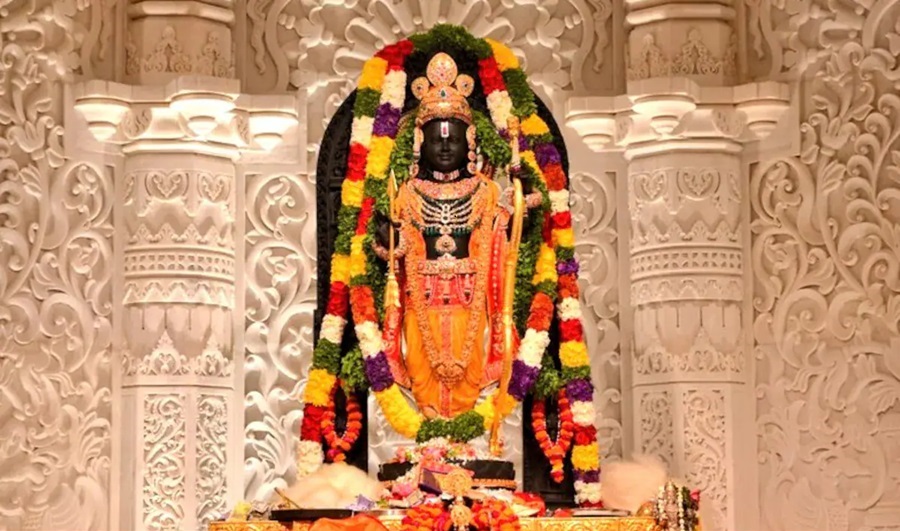Breaking News: Delhi HC Rules Shri Ram Lalla Mandir Trust’s Tax Exemption Details Not Subject to RTI Act!- In a significant ruling, the Delhi High Court has overturned a directive by the Chief Information Commission (CIC) regarding the disclosure of tax exemption details about the Shri Ram Janmabhoomi Teerth Kshetra Trust. This decision has far-reaching implications, especially concerning transparency in the management of funds for the construction of the Ram Temple in Ayodhya.
Breaking News: Delhi HC Rules Shri Ram Lalla Mandir Trust’s Tax Exemption Details Not Subject to RTI Act!
High Court Reversal:
The Delhi High Court, in a recent verdict, has reversed the order issued by the CIC, which mandated the Central Board of Direct Taxes (CBDT) to furnish information under the Right to Information (RTI) Act concerning the tax exemption status of the Ram Mandir Trust. This move comes after a prolonged legal battle initiated by RTI applicant Kailash Chandra Moondra, seeking transparency in the trust’s financial operations.
Legal Background:
The dispute stems from a 2021 RTI application filed by Moondra, wherein he requested access to the complete application filed by the Ram Temple Trust for tax exemptions on donations. Subsequently, the CIC, responding to Moondra’s query, directed the CBDT to disclose the documents under Section 80G(2)(b) of the Income Tax Act.
Centre’s Challenge:
Challenging the CIC’s directive, the Centre contended that divulging information about an assessee, particularly concerning income tax records, falls outside the purview of the RTI Act, citing Section 138(1)(b) of the Income Tax Act, 1961.
High Court’s Rationale:
The Delhi High Court, in its ruling, emphasized the applicability of Section 138 of the Income Tax Act, which exempts certain information from public disclosure. Additionally, the court referenced the precedent set by the PM Cares Fund verdict, where a similar decision was made to withhold tax exemption details from public scrutiny.
Implications and Controversies:
Transparency vs. Legal Protections:
While transparency in the functioning of charitable trusts is crucial, the court’s decision underscores the importance of respecting legal provisions safeguarding sensitive financial information. This ruling balances the need for transparency with the imperative of protecting individual and organizational privacy.
Political Fallout:
The verdict is likely to spark debates and controversies, especially in the context of the highly contentious Ram Mandir construction project. Critics may perceive the ruling as a setback for transparency initiatives, while supporters argue for the importance of legal protections in financial matters.
Future Course of Action:
In light of the Delhi High Court’s ruling, stakeholders, including RTI activists and legal experts, will likely reassess their strategies for accessing information concerning charitable trusts. The case sets a precedent for similar disputes in the future, shaping the landscape of transparency and accountability in India’s nonprofit sector.
Conclusion:
The Delhi High Court’s decision to overturn the CIC’s order regarding the disclosure of tax exemption details about the Ram Mandir Trust marks a pivotal moment in the ongoing debate over transparency and legal protections. While upholding the sanctity of certain financial information, the ruling underscores the need for a nuanced approach to balancing transparency with privacy rights in the realm of charitable organizations.
ALSO READ-Illuminating Ayodhya: Unveiling the Historic Photo of Ram Mandir and Its Resonance in 2024
